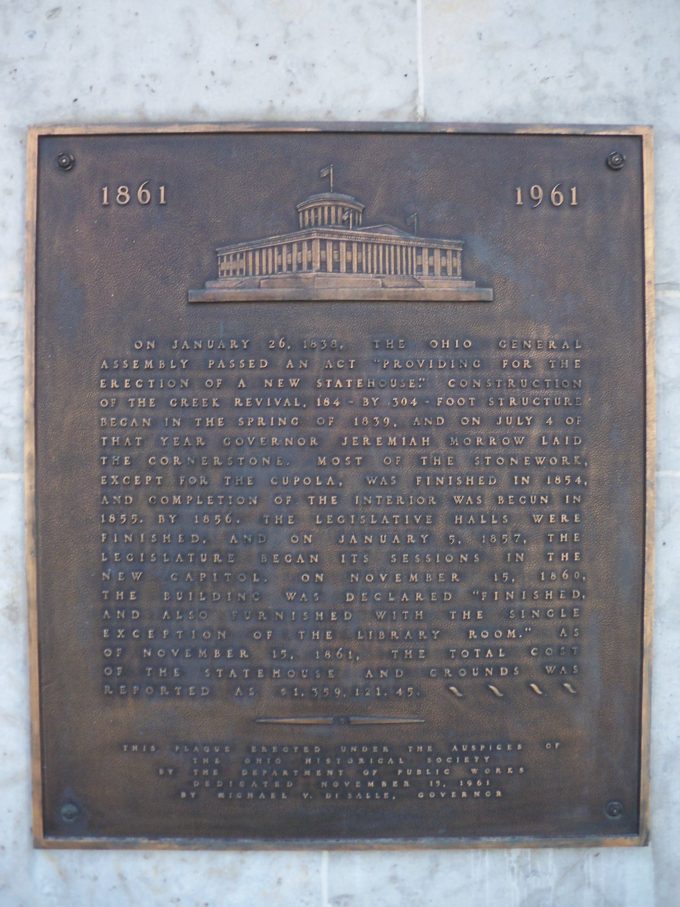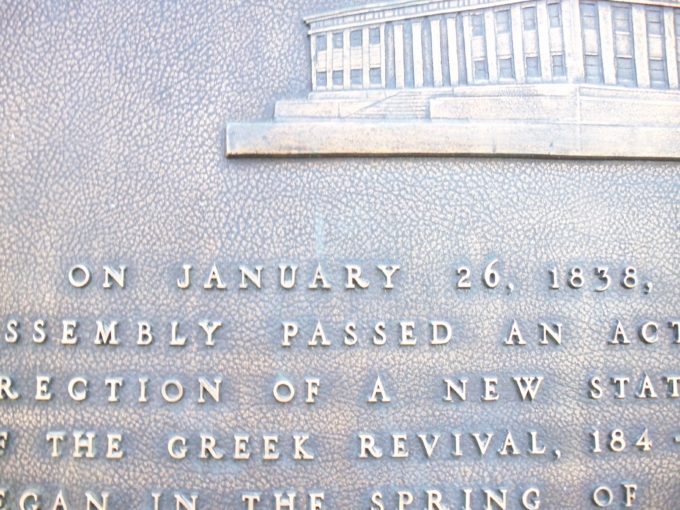
Saturday, 18 January 2020
For we did not follow cunningly devised fables when we made known to you the power and coming of our Lord Jesus Christ, but were eyewitnesses of His majesty. 2 Peter 1:16
Peter has been speaking about “the knowledge of God and of Jesus our Lord” since verse 2. He has explained how to live in an appropriate manner and why we should do so. In verse 4, he mentioned the “exceedingly great and precious promises” of Christ, and that those who follow Him “may be partakers of the divine nature.” He now returns to that after explaining for many verses about the “how” of living for Christ. And so, he begins with, “For we did not follow cunningly devised fables.”
Peter has said that those who follow Christ will partake of His divine nature. That is a great reason to want to emulate Him now. But what if it is all the ravings of a mad man? People throughout history have made great and exalted claims about having heard from God, about having seen heaven, about having the authority to speak for God, and so on. The list is long. What if what Peter is saying is no different? His words now, and continuing on through the end of the chapter, are given to ensure the reader that what he says is not only sound and reasonable, but it is verifiable – in several ways.
In the coming chapter, Peter will even defend against false prophets. But first, he must establish the parameters for what is reasonable concerning the claims which relate to faith in Christ as presented by him. Only then will it make any true sense to want to be obedient to Christ. Only then will those assurances that we will “be partakers of the divine nature” be fully established in hearts and minds.
The word Peter uses, translated by the words “did follow,” signifies closely emulating someone, and thus pursuing closely. Peter is saying that they in no way pursued the use of “cunningly devised fables.” The word translated as “cunningly devised” is based on the idea of wisdom. Paul uses it in 2 Timothy 3:15 concerning the Scriptures which make a person “wise for salvation.”
In this case, however, any such supposed wisdom would be false, and would rather be based on fables. Peter is certainly thinking of the myths of his own Jewish people as much as those of the Gentiles. Jewish history is filled with false prophets, some of which are highlighted right in Scripture, such as the false prophet Zedekiah the son of Chenaanah who is seen in 1 Kings 22 and 2 Chronicles 18.
Along with people like him, there are innumerable writings of Jews which describe false visions and supposed revelations from God. Add in such fables and myths from the Gentiles, and there is an almost never-ending stream of these things in recorded history.
Unlike these types of people, Peter has not followed such things. Rather, he will provide substantiation for his words as he continues. For now, he notes that his warning about those who devise cunning fables does not apply to the true apostles. Including them along with himself, he says, “when we made known to you the power and coming of our Lord Jesus Christ.”
The message of Peter and the other apostles is one which is both reliable and consistent in how it is presented. Each spoke of Him and yet their words unite as a unified message, adding another level of surety that the message is true. If a group of people had sat down and made up such a thing (a cunningly devised fable), there would always be gaps or obviously forged overlaps in what one said in relation to another. Eventually, those things would be exposed.
However, though each story may have been relayed from a personal perspective, it was always consistently in line with the personal perspectives of the others who had participated in seeing his power which was displayed in His Person. The word Peter uses for “coming” is “used in the east as a technical expression for the royal visit of a king, or emperor. The word means literally ‘the being beside,’ thus, ‘the personal presence’” (HELPS Word Studies). In such a personal coming, the apostles “were eyewitnesses.”
Here, Peter uses a word found only this once in Scripture. It signifies an onlooker or a spectator. It was as if they beheld an event which captured their eyes, and which was filled with “His majesty.” The glory they beheld was of surpassing greatness, glory, and splendor. Peter’s words are given to ensure those he is writing to that what had been beheld in Jesus was truly going to be shared in by them. He is writing to bolster their confidence, and to give them a sound and justifiable reason 1) for their own sure hope, and 2) as a sound reason for wanting to live in the holy manner which he has already exhorted them to live.
Life application: Peter’s words of his personal eyewitness, and that of the other apostles, are confirmed throughout the gospels and epistles. The accounts all line up properly, without contradiction, and yet each normally confirms some other aspect of what is recorded elsewhere. Thus, the believer in Christ has a reasonable and sound basis for his faith in what is recorded.
Even outside of the Bible, history records that many of these people were martyred for what they state they saw. Unlike modern suicide bombers who believe what they have been told, and who are even willing to die for what they haven’t seen, the apostles and followers of Jesus were willing to die for what they had seen. The gulf between these two concepts is vast.
People die all the time for lies they believe to be true, but no one of sound mind would die for what they knew to be false. They would simply deny the lie and be granted life. Instead, though, these apostles willingly died for the truth. We have a sound faith in Jesus Christ. Never doubt that where you have placed your faith is worthy of eternal reward!
Lord, when our faith is weak, we are so grateful to be reminded of the faithful apostles who proved Your coming by their own martyrdom. When we think on this, we can have a renewed confidence that our faith is sound and properly directed. Thank You for these faithful men who gave their lives so that we may be strengthened in times of doubt. Amen.




